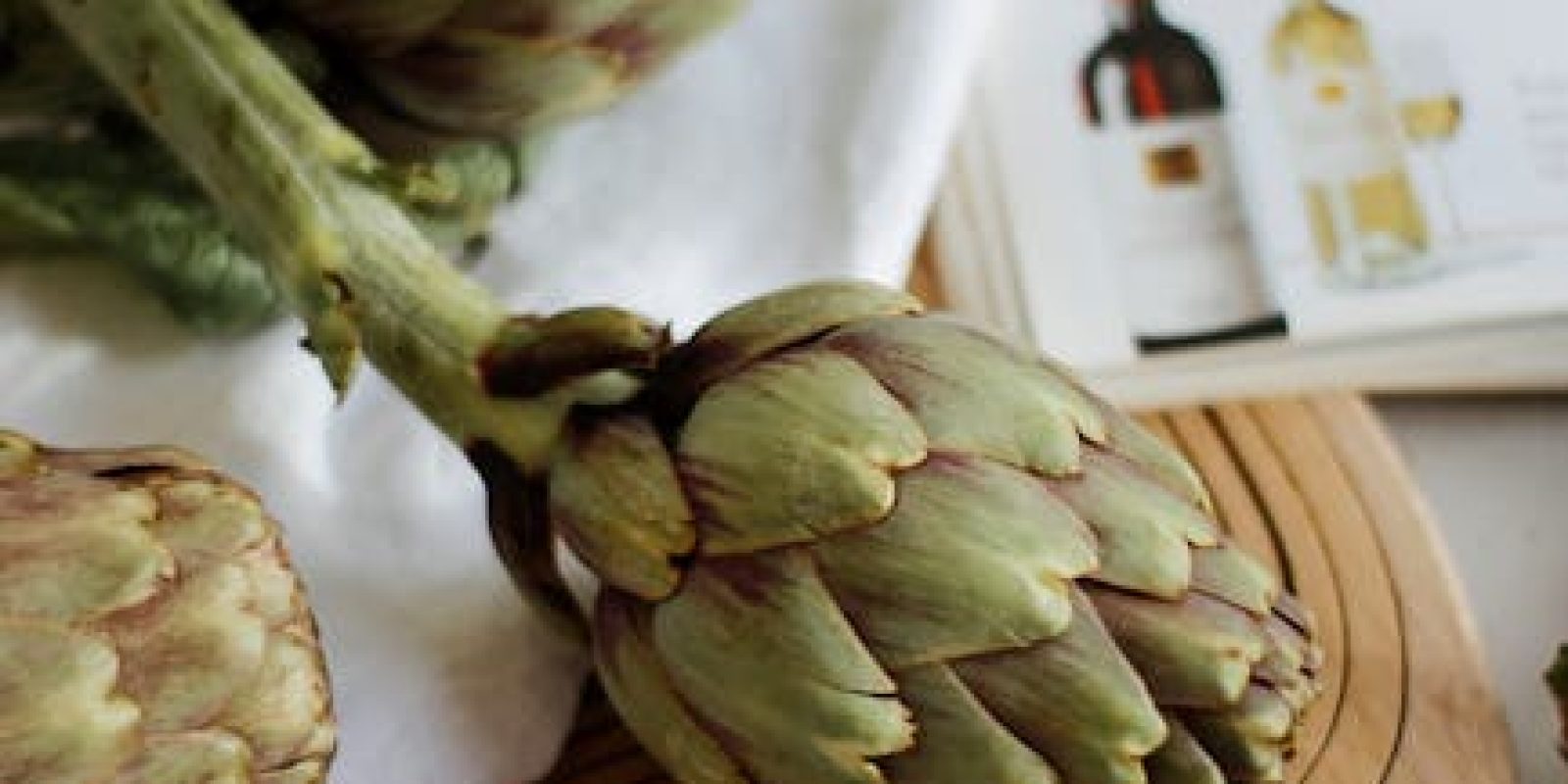The Importance of Iron in Women’s Diets
Iron is a crucial mineral that plays an essential role in the body, especially for women. From supporting energy levels to ensuring proper oxygen transport in the blood, iron’s importance cannot be overstated. Yet, many women are unaware of how much iron they need or how to incorporate it effectively into their diets. This blog post will explore the significance of iron, its impact on women’s health, and practical ways to maintain adequate iron levels through diet.
Understanding Iron and Its Role in the Body
Iron is a vital component of hemoglobin, the protein in red blood cells responsible for carrying oxygen from the lungs to the rest of the body. Without sufficient iron, the body cannot produce enough healthy red blood cells, leading to iron deficiency anemia. This condition can cause fatigue, weakness, and other health issues.
Why Women Need More Iron
Women generally need more iron than men, particularly during certain life stages. The Recommended Dietary Allowance (RDA) for iron is 18 mg per day for women aged 19-50, compared to 8 mg for men. This increased need is primarily due to:
- Menstruation: Women lose iron with each menstrual cycle, making it critical to replenish iron stores regularly.
- Pregnancy: Iron needs increase significantly during pregnancy to support fetal development and increased blood volume.
- Lactation: Breastfeeding women also require additional iron to support milk production.
Iron Deficiency in Women
Iron deficiency is the most common nutritional deficiency worldwide, with women being particularly susceptible. According to the World Health Organization, approximately 30% of non-pregnant women and 42% of pregnant women globally are anemic. Symptoms of iron deficiency include:
- Extreme fatigue
- Pale skin
- Shortness of breath
- Dizziness or lightheadedness
- Brittle nails
Sources of Iron in the Diet
There are two types of dietary iron: heme and non-heme iron. Heme iron, found in animal products, is more easily absorbed by the body, while non-heme iron, found in plant-based foods, is less readily absorbed.
Top Animal Sources of Iron
Incorporating iron-rich foods into your diet is a practical way to prevent iron deficiency. Some excellent animal sources include:
- Red meat (beef, lamb)
- Poultry (chicken, turkey)
- Fish (salmon, tuna)
- Shellfish (oysters, clams, shrimp)
- Eggs
Top Plant-Based Sources of Iron
Vegetarians and vegans can also meet their iron needs by consuming a variety of plant-based foods. Key sources include:
- Legumes (lentils, chickpeas, beans)
- Tofu and tempeh
- Nuts and seeds (pumpkin seeds, cashews)
- Whole grains (quinoa, brown rice, oats)
- Leafy greens (spinach, kale)
Enhancing Iron Absorption
While consuming iron-rich foods is crucial, enhancing iron absorption is equally important. Here are some tips to boost absorption:
- Consume Vitamin C: Eating vitamin C-rich foods like citrus fruits, strawberries, and bell peppers alongside iron-rich meals can significantly improve iron absorption.
- Avoid Inhibitors: Certain compounds found in tea, coffee, and whole grains can inhibit iron absorption. It’s advisable to consume these foods separately from iron-rich meals.
- Cook with Cast Iron: Cooking in cast iron pots can increase the iron content of food, especially when preparing acidic foods like tomato sauce.
Iron Supplements: When and How to Use Them
In some cases, diet alone may not suffice to meet iron needs, and supplementation might be necessary. However, iron supplements should only be taken under the guidance of a healthcare professional, as excessive iron intake can lead to toxicity. If you’re considering supplements, keep the following in mind:
- Consult a Doctor: Always seek medical advice before starting any supplement regimen.
- Choose the Right Form: Iron supplements come in various forms, such as ferrous sulfate, ferrous gluconate, and ferrous fumarate. Your healthcare provider can help determine the best option for you.
- Be Aware of Side Effects: Iron supplements can cause gastrointestinal issues like constipation or nausea. Taking them with food may help alleviate these symptoms.
Conclusion
Iron is an essential nutrient that plays a significant role in women’s health. Ensuring adequate iron intake through a balanced diet rich in both animal and plant-based sources is crucial, especially during life stages with increased iron needs. By understanding the importance of iron, recognizing the signs of deficiency, and adopting strategies to enhance absorption, women can take proactive steps to maintain their health and well-being.
For more information on maintaining a healthy, iron-rich diet, consult with a registered dietitian or healthcare professional. Remember, your health is your wealth, and being informed is the first step towards empowerment.



